I recall Murray Walker shouting through the TV. “And look at that! Colossally, that’s Mansell! That is Nigel Mansell, and the car… absolutely shattered, he’s fighting for control! You can see what’s happened, Mansell is out of the race.”
The iconic voice added yet more drama to the events we were seeing on screen. Sparks flew from underneath Mansell’s Williams-Honda FW11 while he wrestled the car along one of the fastest straights on the Adelaide circuit. This was the final round of the 1986 F1 World Championship and Mansell’s hopes of winning the Drivers’ title were in tatters.

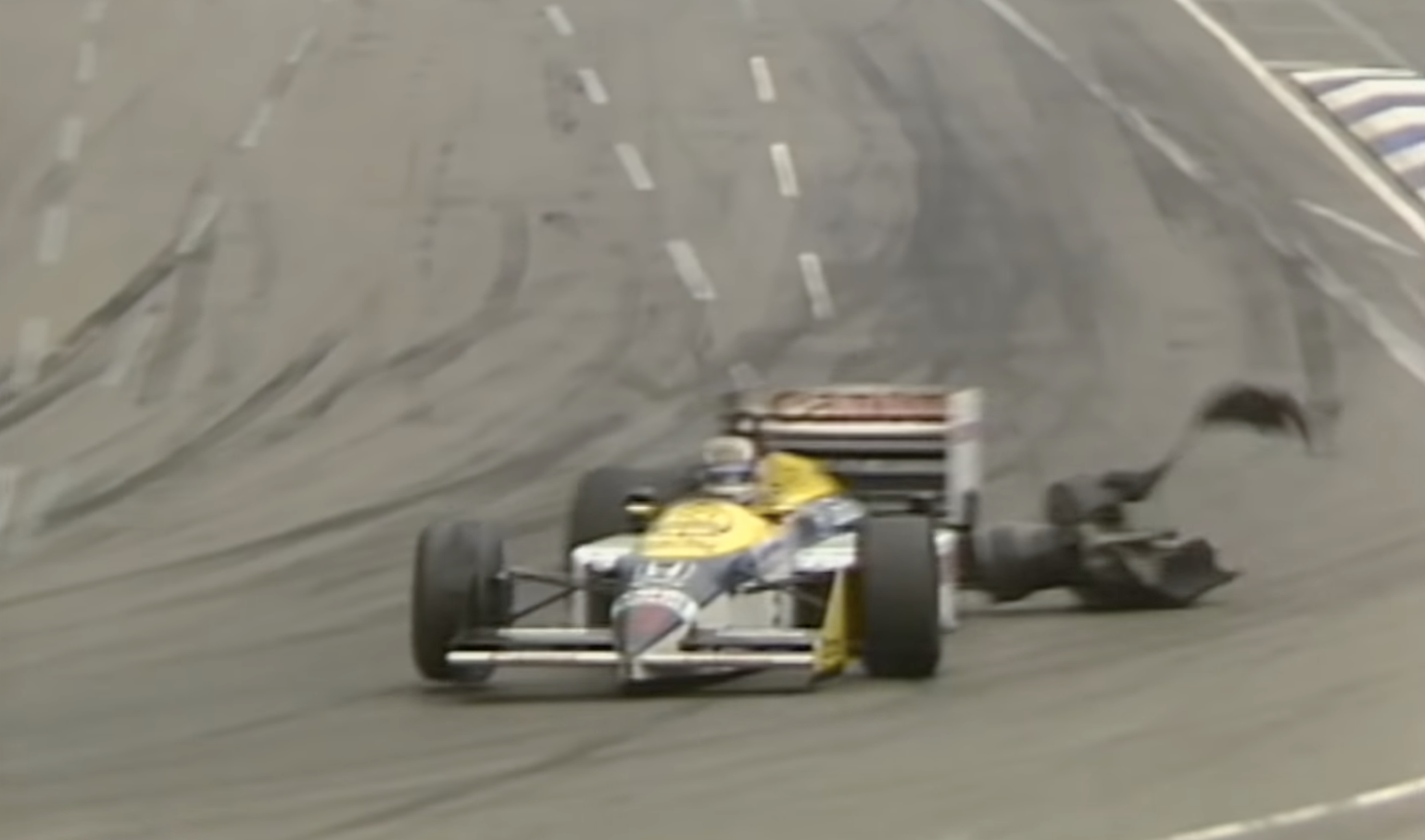
Also in tatters was his left rear tyre, the cause of all this high-paced drama. Its explosion meant it took all of Our Nige’s immense skill just to avoid crashing into walls and other cars.
I was four years old at the time. That drama lives with you.
Fast forward 36 years, and as I drove along in a rear-wheel-drive car from the 1950s with no helmet, no bucket seats, and no seatbelts, I heard a colossal bang. It was a left rear puncture.
In those 36 years I have been a huge fan of motor racing. I’ve raced karts, driven some amazing cars up to and beyond their limits, dailied an Exige for a few years through all seasons and even done some tyre testing on a £1m simulator at Ansible Motion. I have always been keen to cram as much as I can into my noggin about car control. I knew not to overreact, my passenger yelled out, I let her know she had no reason to panic.
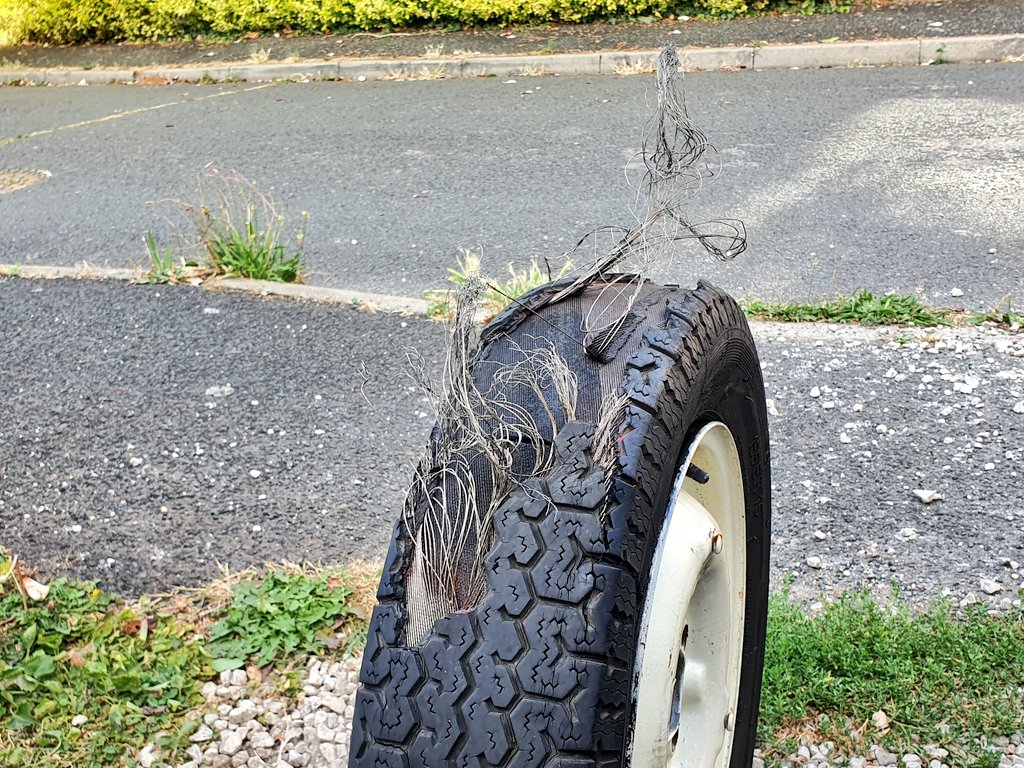
Gently, with the most delicate of touches on the middle pedal, we came to a controlled stop by the side of the track. Sorry, road. I mean road. Because it was just a road in King’s Lynn, and the blowout had been at no more than 30mph. Possibly about 20.
Ok, so I’ve massively over-dramatised things back there, but the blowout could quite easily have been at higher speeds. I frequently drive my 1959 Hillman Minx on dual carriageways. Town driving is quite rare. This was supposed to be just a gentle drive to warm the car up before tweaking a carb fitted a few days before, one of lots of other jobs to be done in a pre-Festival of the Unexceptional tidy-up. Jobs included fitting new headlight bulbs, replacing exhaust mounts, polishing her up and, crucially, ‘fitting some new tyres’.
A new set of tyres had been ordered the day before, but this was supposed to be just one more insignificant drive before they were to be fitted. Just one more job that I could quickly tick off while I had a moment.
“Just one more” often seems to lead to disaster, don’t you think?
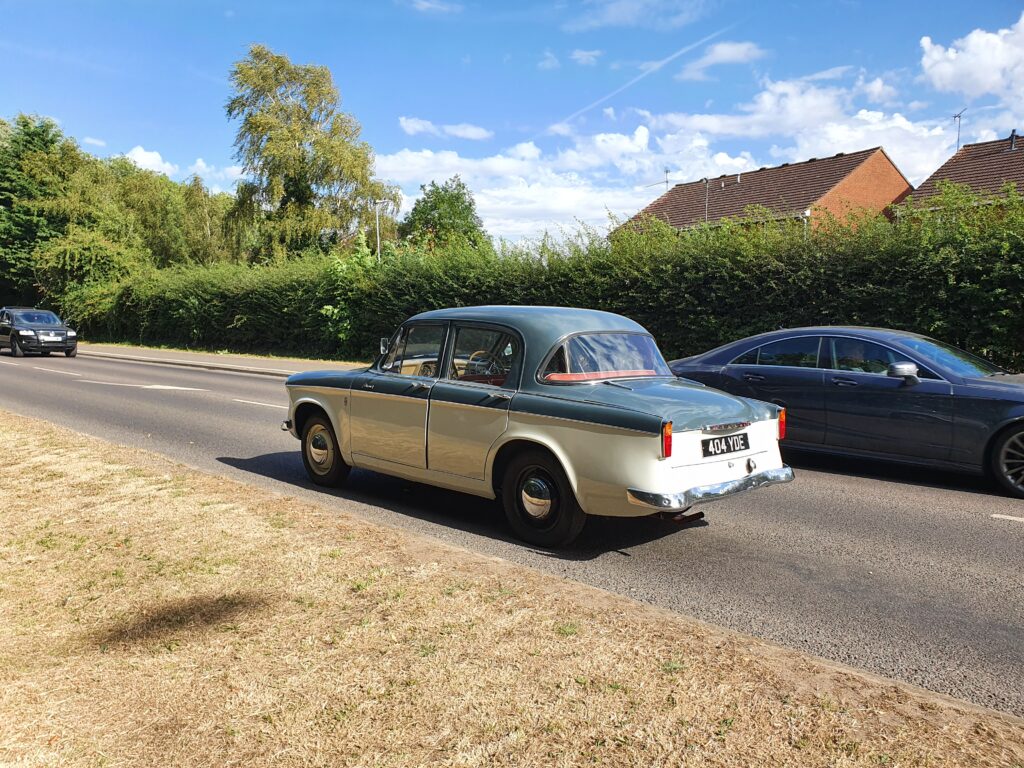
When your tyres are older than Internet Explorer, Father Ted and the launch of the Peugeot 406, this was inevitable. Yes, the tyre in question was from 1994, and although it held pressure perfectly well, there’s no escaping the rubber’s age. The Minx’s other tyres were manufactured more recently, but this weakest link could do no more. It gave up. The steel belt flailed inside the wheel arch but luckily did no damage, despite the gunfire-like racket.
A couple of friends were nearby to help with getting the car up in the air, and a passing man-with-van took delight in justifying his big hoard of random stuff by helping out too.
The spare was fitted, pumped, and before we could make it onto the local traffic updates we headed home (where I still tweaked the carb…) and an extra tyre was ordered to replace the spare.
The reason new tyres were already on order was that I suspected this might happen, given the current tyres’ ages. I’ve had the car for about a year, with no idea how many miles each mis-matched tyre had done, a situation most used car buyers eventually find themselves in. But looking for the DOT code on the sidewall can help you determine the age. You’ll hopefully find a four-digit code at the end of yours, something like 2817 – and this code describes when the tyre was manufactured. The first two digits are the week, so will be anything from 01-52. The next two are the year, so anything from 00-22. 2817 would be the 28th week of 2017.
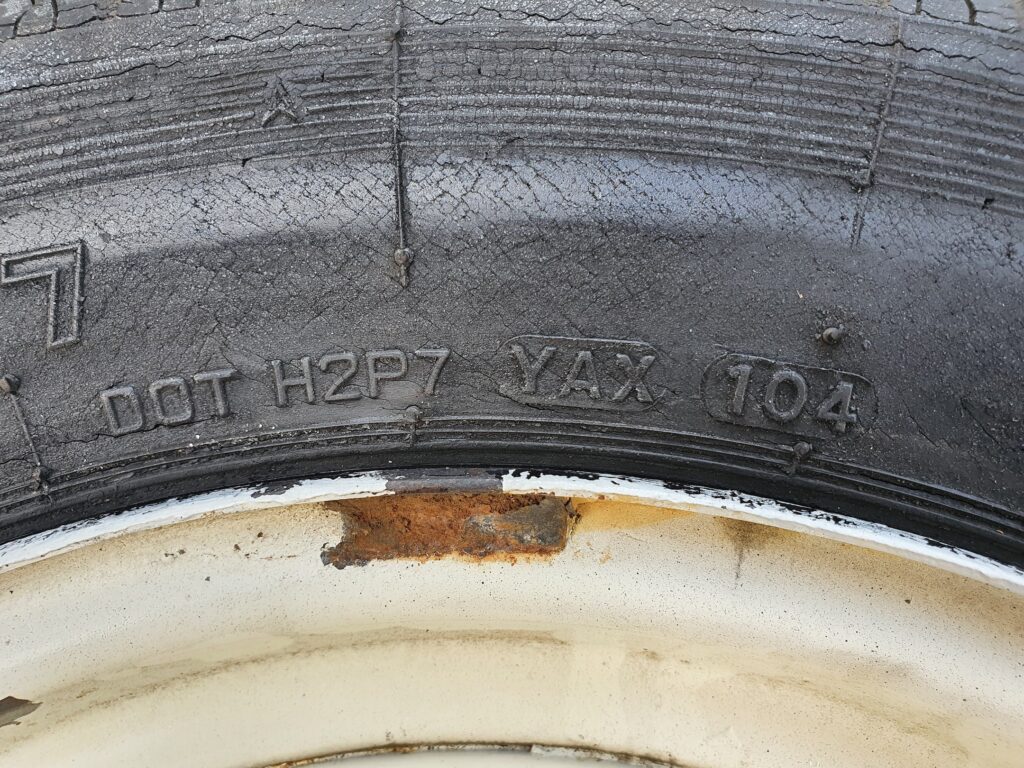
The thing is, my left (sorry, nearside) rear had a three-digit code. That’s not good news at all. Four digits became necessary in 2000 as the three digit system (week-week-year) was confusing. The ‘year’ digit didn’t include the decade, just the last digit of the year. So my left rear, code 104, was probably the tenth week of 1994. Possibly even 1984…
Take some time today to check your tyres, and if they’re getting old, cracked, or out of shape then replace them. It doesn’t matter how much tread is left. And it’s not just your car; check trailers, caravans etc – things you don’t often check, or do very little mileage with.
This was a timely reminder that if something needs replacing, and you KNOW it needs replacing, then replace it. Don’t be tempted to go for just one more drive, even if you’ve got the reactions of Nigel Mansell.
Read more
Buying tyres? It’s a pain in the exhaust pipe
Socket Set: Look after your tyres and they’ll look after you
5 reasons to own duplicate tools


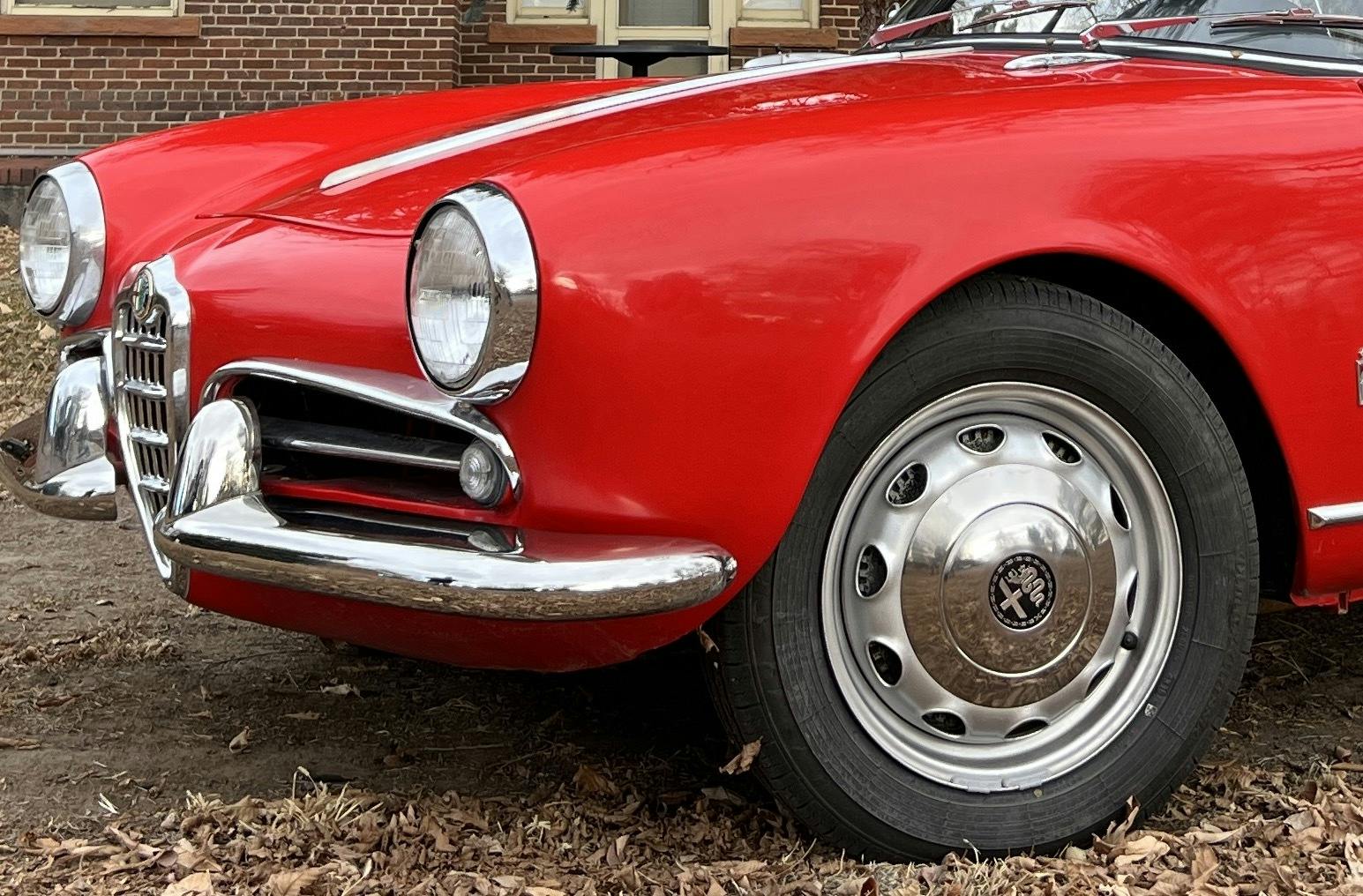
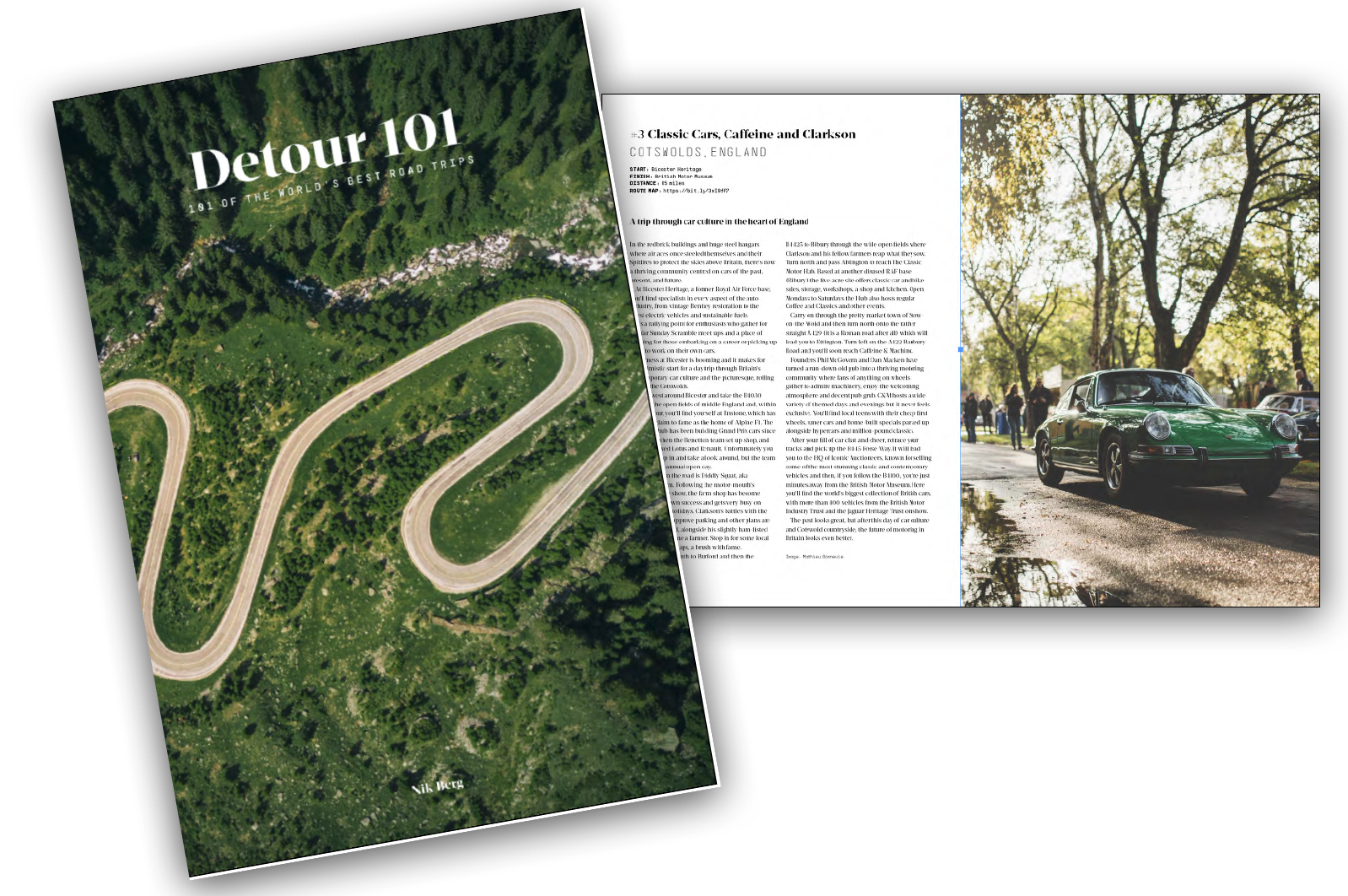

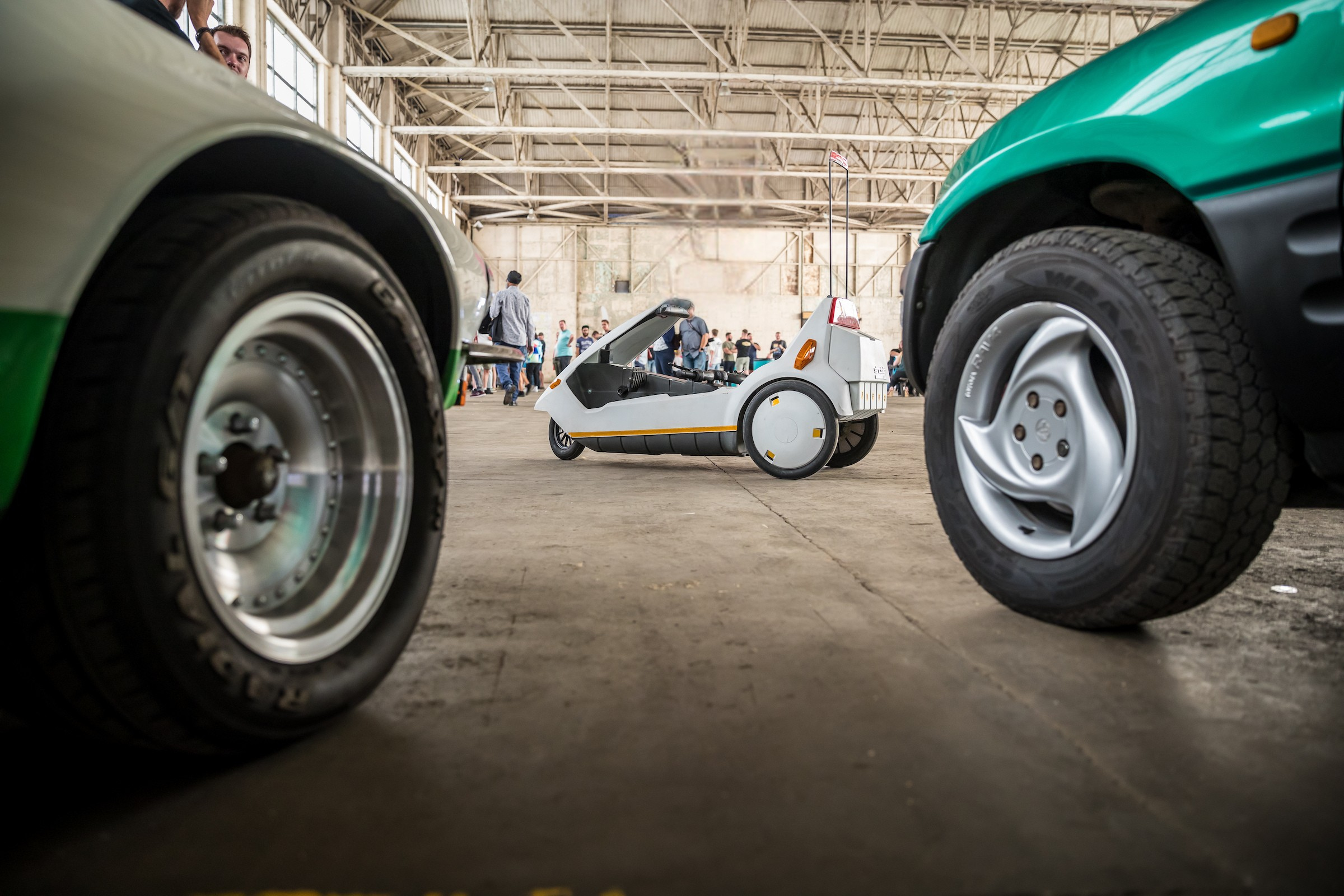
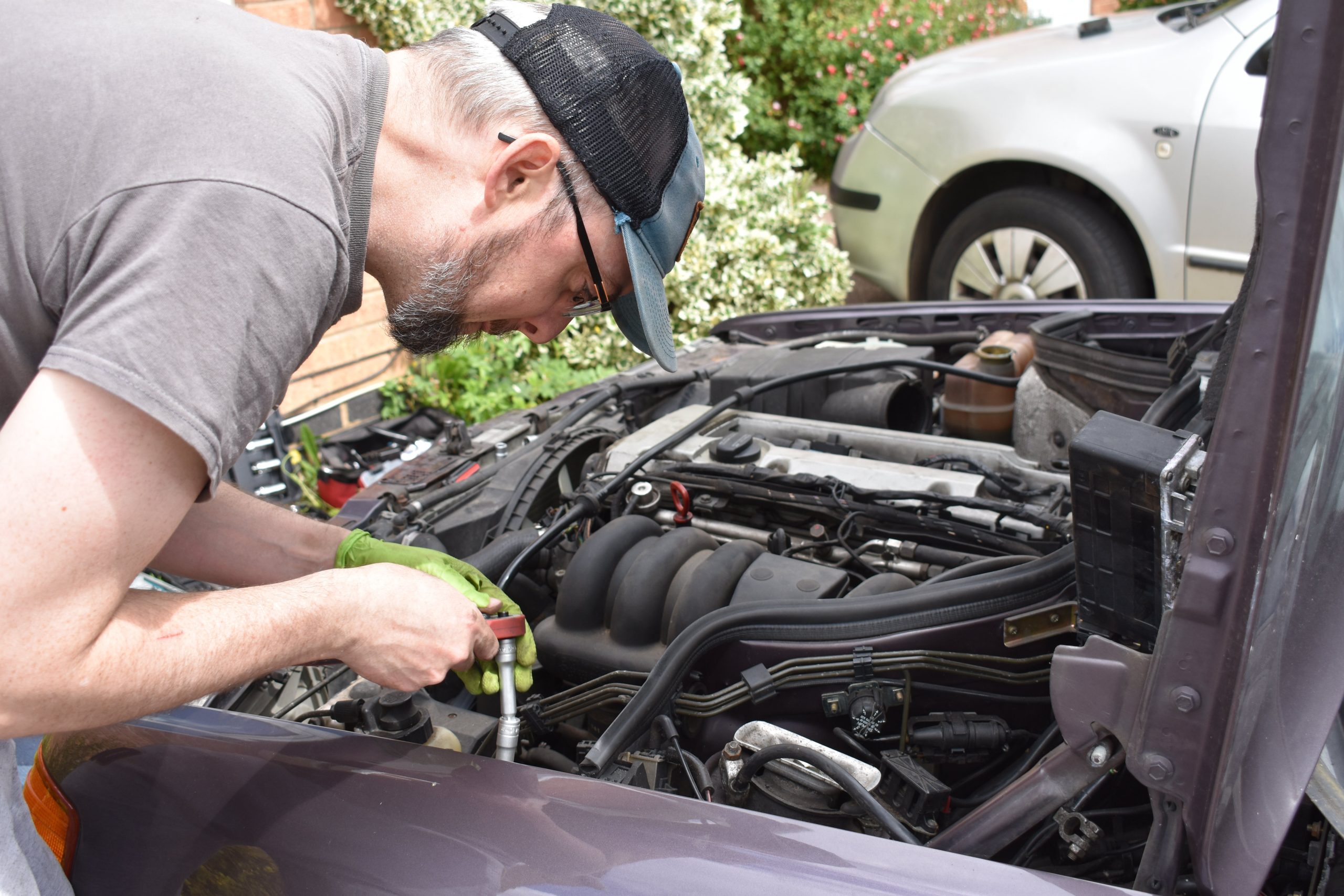
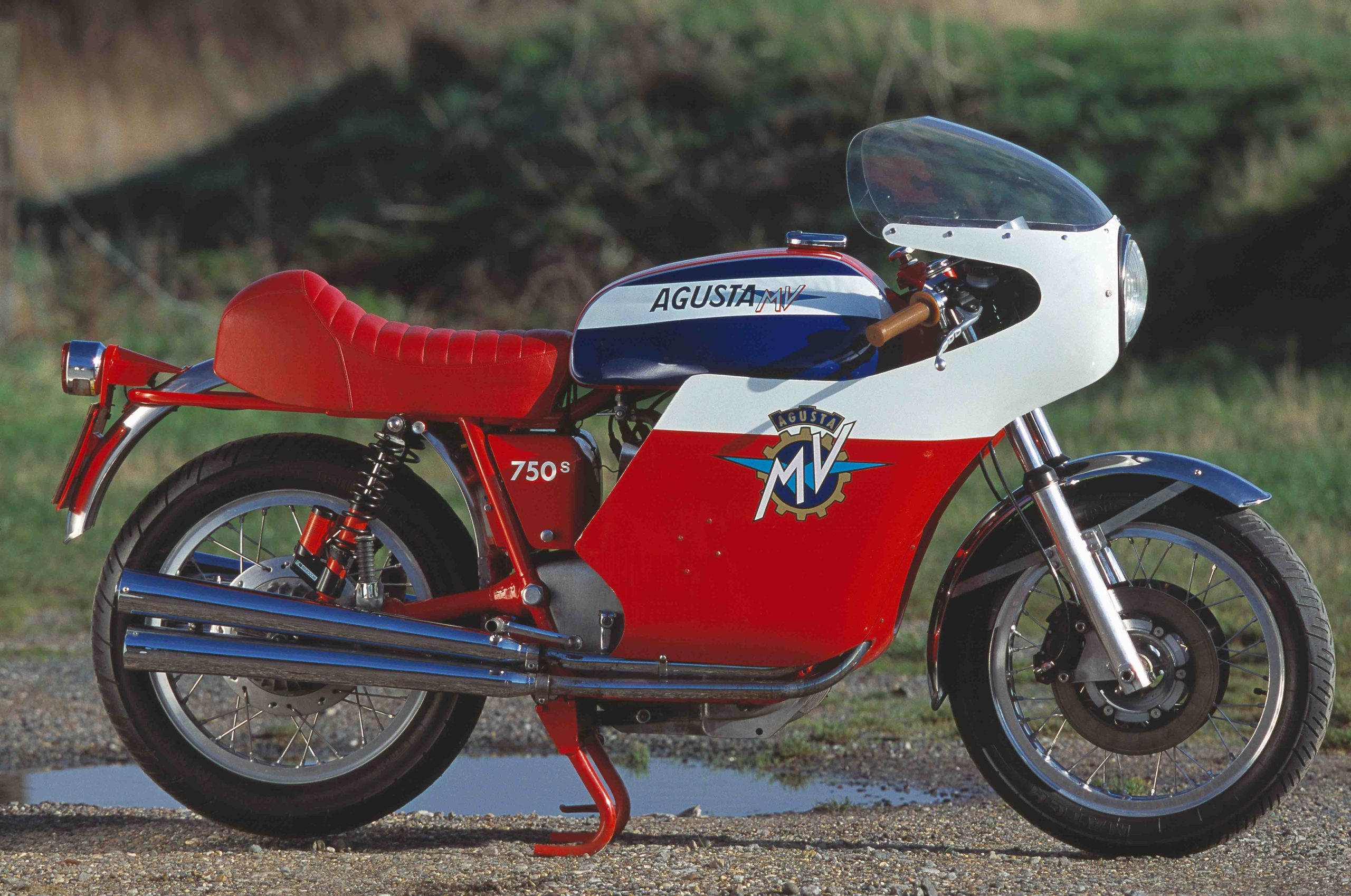

It’s likely the tyre age photographed is from the tenth week of 1984. Three digits were used in the 90s followed by a triangle sign.
i bought an appia zagato in the early ’70s that had the original ’59 tires on it; the spare had never been on the ground. eventually in an ’87 vintage race at memphis, which had a flat-out 210 degree slightly banked right hander, i lost the left rear original tire. i put on the ‘brand new’ spare and it lasted 3 laps before it came apart too. the appia z had an advertised top speed of 93mph but it went a bit faster. remember: wide tires ruined racing!